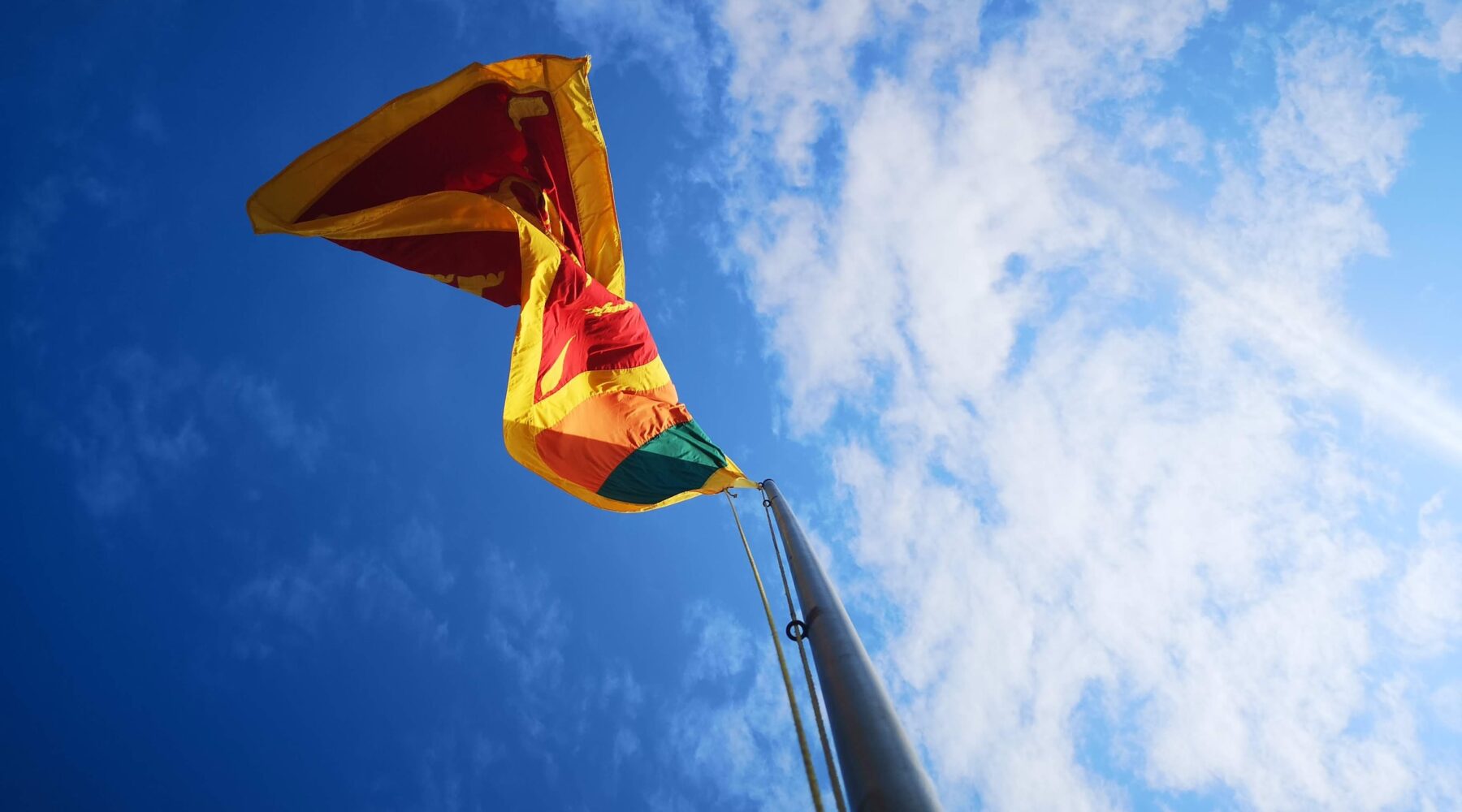


The statement was made as part of the UN’s Universal Periodic Review (UPR)* of Sri Lanka.
It expressed serious concern at the suppression of freedom of expression in the country – particularly when it comes to dissenting voices – as well as the ongoing persecution of religious and belief minorities, and the targeting of individuals based on their activism or artistic endeavors in the country.
It noted that since the last review, there has been an increased pressure on dissenting voices in Sri Lanka, and gave the example of social media activist Sepal Amarasinghe’s arrest on vague charges earlier this year, as well as that of comedian Natasha Edirisooriya, who was arrested while she attempted to flee the country.
The statement remarked how such cases show the “shrinking space for artistic expression and the suppression of creativity.” It noted that both arrests raise renewed concerns about the ICCPR Act of 2007 being used as a tool for the Sri Lankan state to crack down on dissent and curtail free speech.
The statement said,
“Allowing space for dissent, minority belief systems and artistic creativity is central to fostering an inclusive and genuine democracy. We were therefore very disappointed to read that Sri Lanka has rejected some key recommendations in this area”
The unsafe and difficult situation for many people of minority religions and beliefs in the country was also raised:
“The arrest of Buddhist monk Rajangane Saddhartharathna, belonging to a minority sect, sheds some light on the vulnerability and marginalization faced by certain religious groups. Humanists also face persecution and very often cannot openly identify as non-religious for fear of reprisals.”
Due to the insecure situation for those identifying as humanist or non-religious in Sri Lanka, and due to fear of reprisals, the statement was delivered by Rachel Abrego, Program Manager at Humanists International.
The statement closed by urging Sri Lanka to honor its membership of the Human Rights Council by accepting and implementing all UPR recommendations on protecting free expression and countering violence and hostility against minorities.
*The Universal Periodic Review (UPR) is a UN process which involves a periodic review of the human rights records of all 193 UN Member States, by each other. It is a unique human rights mechanism in so far as it addresses all countries and all human rights. The Working Group on the UPR, which is composed of the HRC’s 47 Member States and chaired by the HRC President, conducts country reviews.
Featured photo by Mariana Proença on Unsplash.